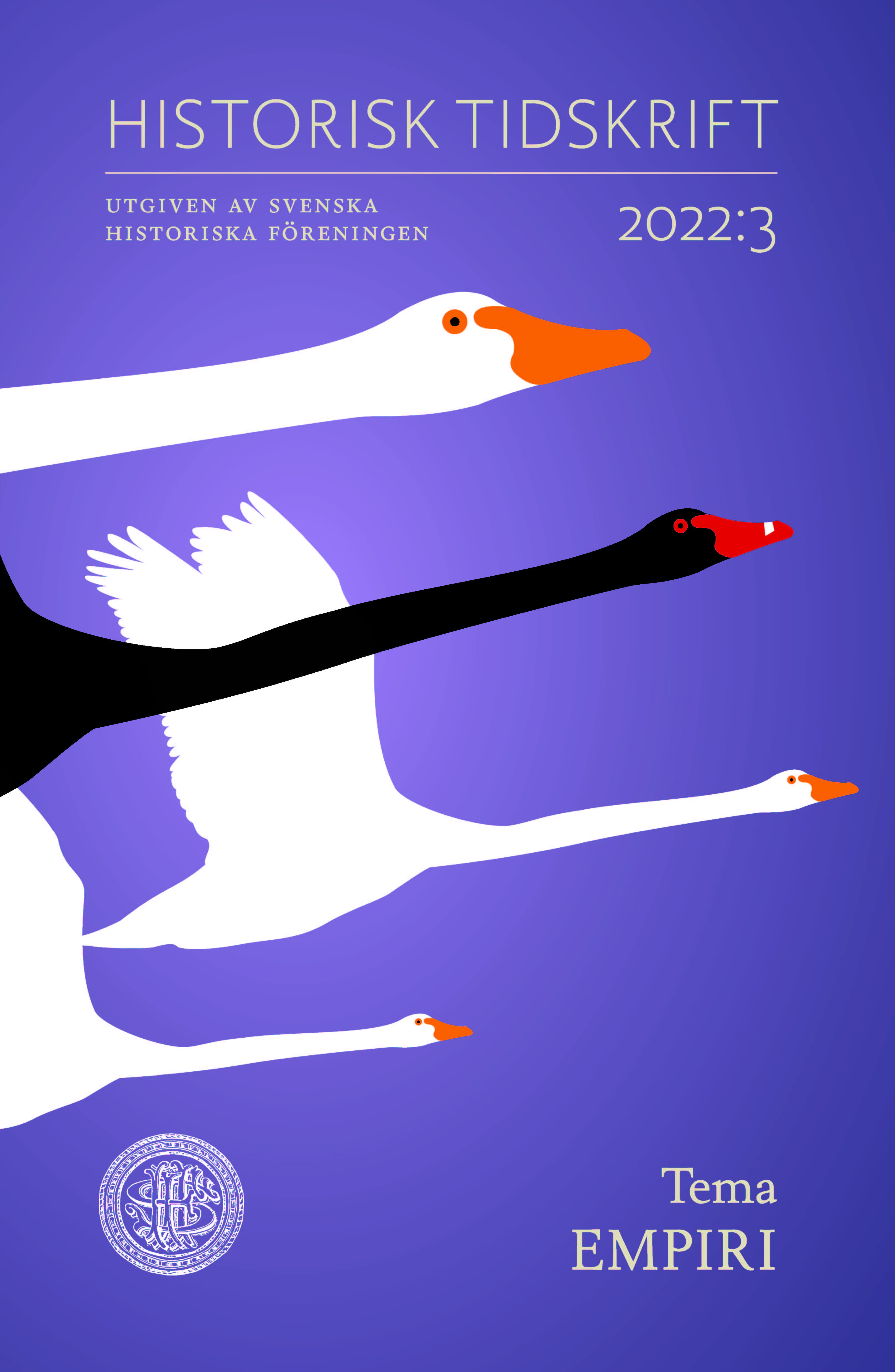Abstract
Continuity and change in the selection of empirical materials in history education research in Sweden 1960–2021
This article explores the trends and developments in Swedish history education research, especially from the perspective of what empirical materials have formed the basis for research. Systematic searches in the Swepub and ERIC databases and a Swedish printed bibliography have resulted in a large corpus of publications that forms the central empirical materials analysed. Theoretically, the concepts “knowledge actor” and “knowledge institution” are used to achieve analytical precision.
Based on the empirical materials used in research, the article proposes that the history of Swedish history education research be divided into five periods. During the first period (1960–1976) studies were based on printed sources such as textbooks and curriculum materials. In the second period (1977–1997), coinciding with the integration of teacher training into Swedish universities and the establishment of Nordic and international researcher networks in history education, there were studies using methods such as classroom observations and interviews. In the next period (1998–2006) significant interest was shown in the societal function of history which led to studies of the public uses of the past. These studies were often based on various new types of printed materials, such as political and cultural sources. The great expansion of history education research in Sweden (2007–2014) followed a number of political initiatives that provided funds to develop research connected to the educational sector. Swedish historians were successful in securing state funding, which led to the establishment of four graduate schools, resulting in a large number of studies that focussed on history teaching and learning. Many of these studies were based on interviews with history teachers. In the final period (2015–2021), a more mature history education research has manifested itself in both books and peer-reviewed articles in international journals. The peer-reviewed articles report on studies based on a multitude of sources. One major category is the history education theory articles, which are not based on traditional empirical source materials, but rather attempt to discuss theoretical concepts and models.
Taken as a whole, the empirical basis for Swedish history education research has strands of both continuity and change. Continuously, for sixty years Swedish researchers in history education have made use of written and printed source materials. However, around 2010 there was a shift leading to big efforts in investigating the history classroom, largely building on interviews, observations, and to a small extent also on design-based studies. In terms of knowledge actors, the most influential research leaders in the field have been historians. In terms of knowledge institutions, a majority of the researchers have had their base in university institutions.

